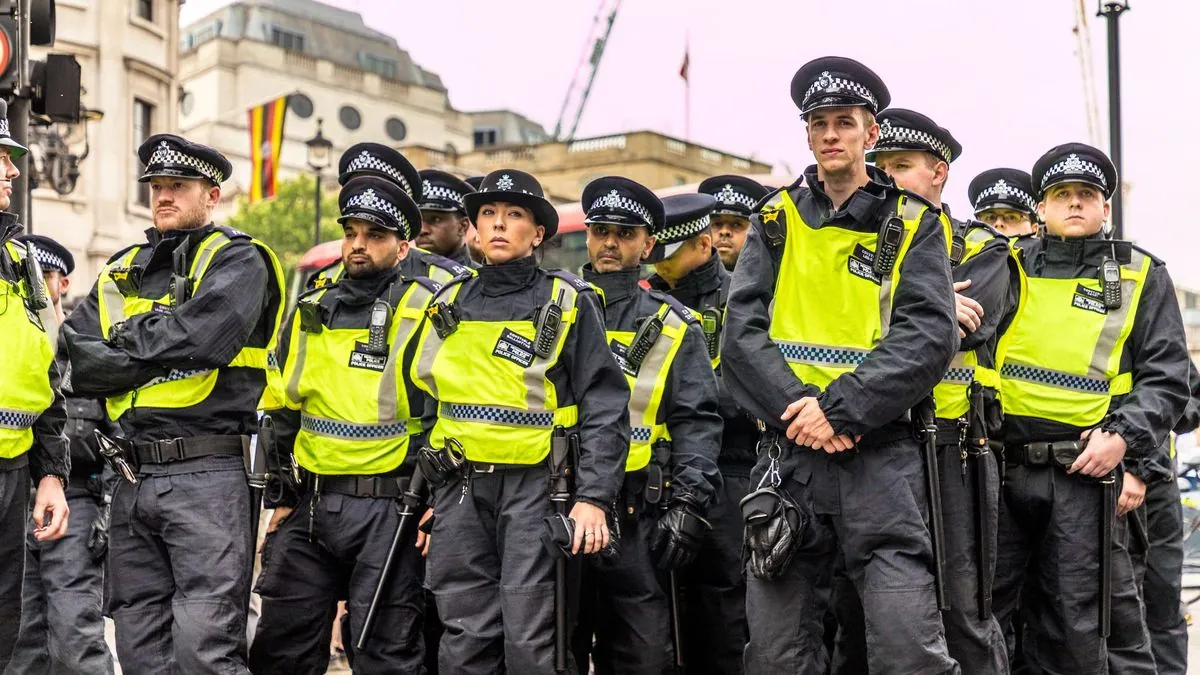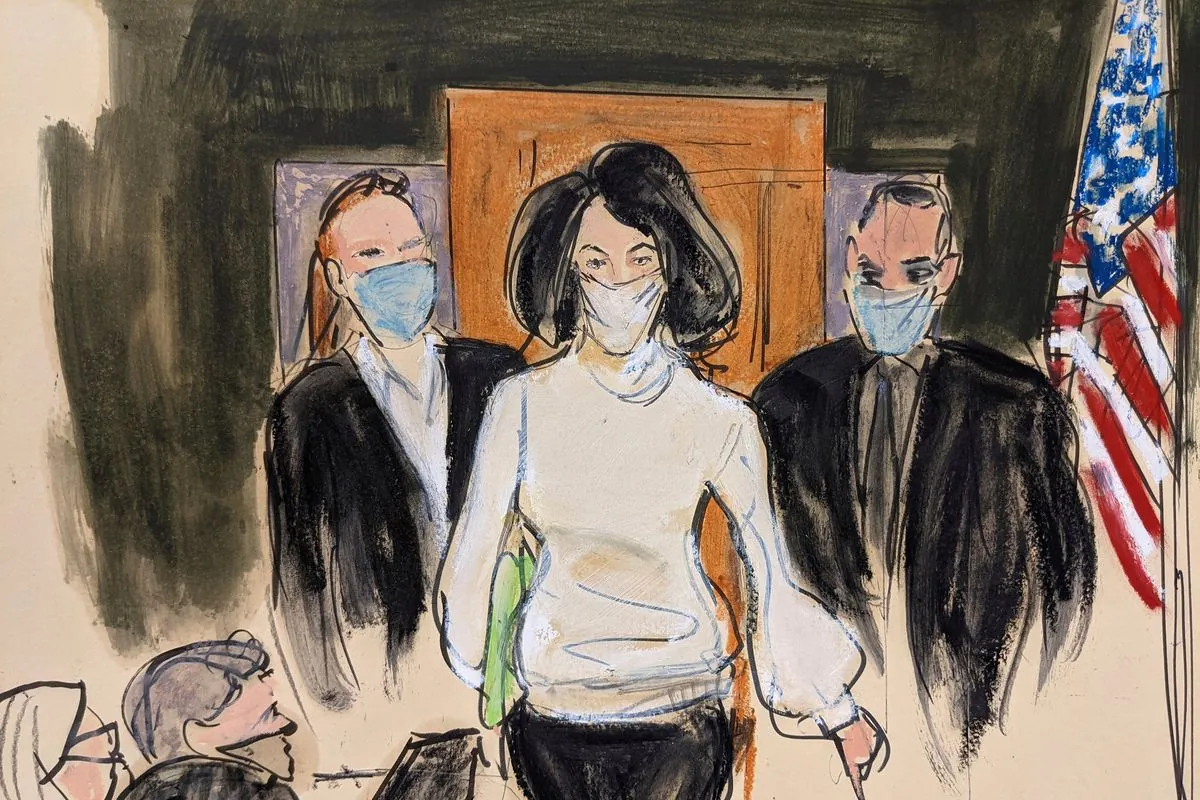Pilot's Parole Hearing to Remain Private, Sparking Controversy
A British Airways pilot convicted of killing his wife will have a private parole hearing, despite calls for public transparency. The decision has ignited debate over privacy rights versus public interest.

In a controversial decision, the parole hearing for a Robert Brown, a former British Airways pilot convicted of killing his wife, will be held in private. This ruling has sparked debate about the balance between individual privacy rights and public interest in high-profile cases.
Brown was found guilty of manslaughter in the death of his wife, Joanna Simpson, in Ascot, Berkshire, in October 2010. The case gained significant attention due to the brutal nature of the crime and Brown's profession. Nearly 14 years after the incident, the decision to keep his parole hearing private has reignited public interest in the case.
The Parole Board, established in 1968, rejected calls for a public hearing from Simpson's family and supporters. Sir John Saunders, the board's chairman, cited Article 8 of the European Convention on Human Rights, which protects the right to privacy, as the primary reason for the decision.
"We have given up all our rights to privacy to do everything that we can to make sure this evil man stays behind bars. Why should Brown get to keep his privacy?"
This decision has raised questions about the transparency of the parole system and its impact on public confidence. The Justice Secretary, along with high-profile figures such as Carrie Johnson and Sir Robert Buckland, had supported the family's request for a public hearing.
Brown was initially set to be released in November 2023 after serving half of his 26-year sentence. However, the then-Justice Secretary Alex Chalk intervened, referring the case to the Parole Board under public protection powers, a measure introduced in 2003.
The case has highlighted the complexities of the UK justice system, which has one of the highest incarceration rates in Western Europe. It also brings attention to the concept of diminished responsibility, a partial defense to murder in English law, which Brown successfully used during his trial.

The decision to hold the hearing in private has implications beyond this specific case. It raises questions about the balance between rehabilitation and public safety, as well as the rights of victims' families in the parole process. The Victims' Commissioner role, established in 2010, was created to address such concerns.
As the debate continues, this case serves as a reminder of the ongoing challenges in the criminal justice system, particularly in high-profile cases where public interest is significant. The outcome of Brown's parole hearing, regardless of its privacy, will likely continue to be a matter of public discussion and scrutiny.


































